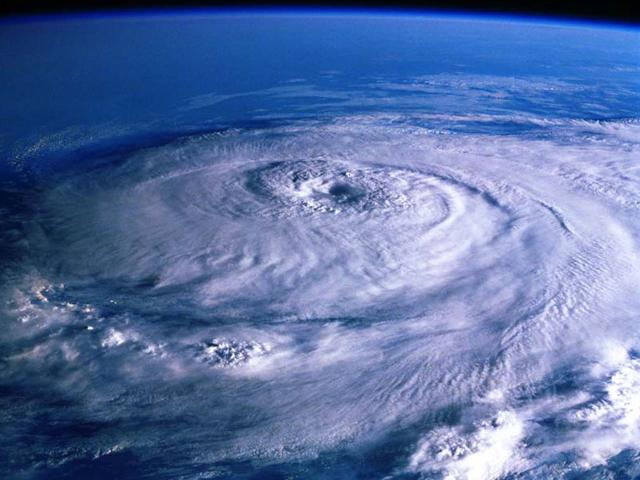Are Facility Managers Part of Business Continuity?
Do you remember when we were known as maintenance men and only maintained buildings? You know; painting, carpet repairs, flooring, HVAC, and some specialized tasks. When there was a problem, someone sent a paper work order via interoffice mail or called on a landline. Our days consisted of scheduled shifts without cellphones, pagers, email, or texts. We did not have facilities that were open all night, if there was a problem after hours it waited until the next day. Boy have things changed.
Overtime, our departments changed from maintenance to facilities management and our roles grew to more than building maintenance. The facilities manager was included in planning sessions, asked to help with safety, involved with daily operation meetings, and learned about computers and networks. Eventually, businesses extended their hours and we had new responsibilities, much different than we were accustomed to. As technology and the internet developed businesses expected continuous support. Building Automation Systems (BAS) allowed us to monitor HVAC, automatically start or stop equipment, and manage the facilities remotely. Consumer demand required companies to do business 24 hours a day (storefront and internet). If a company was not available when a consumer wanted something, the consumer would quickly look for another company. Being closed or off line because of an electrical problem would cost thousands or millions of dollars in lost revenue. So we got involved in back up power and redundancy systems for HVAC, electrical, and data centers.
With our experience in building systems and dealing with “emergency” maintenance problems, people asked us to develop emergency plans. Plans had to include people trapped in elevators, fire alarm testing, fire prevention, emergency lighting, smoke detectors, UPS systems for computers, who is on call, etc.
Eventually, generators became commonplace and we were asked to help manage power outages. “If we lose power, can your team assure us the generator will start and run?” Generators changed how we manage power outages and now we provided emergency electrical circuits where needed. Originally, generators only powered certain outlets and not the entire facility.
One of the things I like most about facilities management is how much it changes. Today we are involved in planning, coordinating, and managing emergencies. Facility Managers need to respond, react, and bring a calming presence to an emergency. We are more involved in the total facility, which includes how the facility functions normally and how it functions during an emergency.
Be proud of how the facilities management profession has evolved and prepare for your future. Continued education, reading periodicals, networking with other facility management professionals, and do not wait for change, be the change. We should be prepared to recommend procedures, plan for the unknown, develop collaborative relationship with local Police and Emergency Services, and join facility management associations. Today, if you are not part of the change, you may be left out.
I am a Facilities Manager with Emergency Management Coordinator responsibilities. To prepare myself, I became certified in firefighting, emergency medical services, emergency strategy and tactics, and FEMA Incident Management Classes. Everyone involved in emergency management needs FEMA training in the organization and management of emergency incidents. Emergency Services has to complete FEMA training and when private organizations complete the same training the continuity of operations is much better.
To wrap up – Yes, Facilities Managers have to be involved in emergencies and business continuity planning. Working alongside the IT staff, managers, and employees, we can lay out plans to help us cope in times of emergency. Learning how to operate in the worst conditions helps us prepare emergency power, pre-plans, and develop procedures to potentially save lives, money, and our reputation. If the emergency has an impact on your reputation, customer service, or profits you can develop plans to mitigate these impacts. Facility Managers have an undeniably important role in business continuity.
